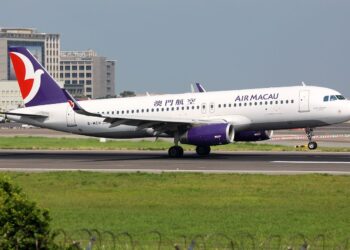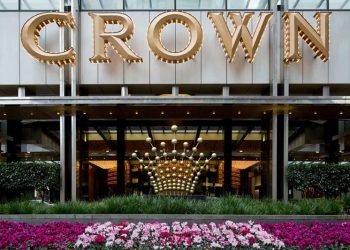Hong Kong-listed LET Group says it is now “fully-focused” on its US$1.25 billion LET X hotel and casino development in Manila’s Westside City precinct, despite admitting lingering concerns that it may not have the funds to complete its construction.
The update formed part of LET Group’s FY24 financial results, published late Thursday as it looks to gain Hong Kong Stock Exchange approval to resume the trading of shares. Both LET Group – formerly known as Suncity Group – and its subsidiary Summit Ascent Holdings were suspended from trading in February 2024 after Hong Kong’s Securities and Futures Commission (SFC) outlined “serious concerns about the conduct” of management when it attempted to sell off Summit Ascent’s entire interest in Russian casino resort Tigre de Cristal without obtaining proper shareholder approval.
Both companies had since suffered a mass walkout of all directors other than chairman Andrew Lo and had, until now, failed to announce a series of key financial results. All directors have since either returned or been replaced.
LET Group on Thursday ramped up their efforts to resume trading by publishing all outstanding interim and full year financial results and Annual Reports for 2023 and 2024, capturing the various events that have led it to its current situation.
LET Group’s FY24 results release, representing most recent developments, notes that the company has turned its focus from Tigre de Cristal, which it is still looking to offload, and Hoiana in Vietnam – where it recently exited a three-way joint venture – to its LET X development.
“In terms of our integrated resort portfolio perspective, our investment in the Westside City Project in the Philippines offers the greatest potential for significant returns compared to Hoiana and Tigre de Cristal in the future,” it stated.
“Westside City Project … will be the crowning jewel in the already impressive collection of integrated resorts in the Entertainment City in Manila, the Philippines. The government’s confirmation that there will be no more gaming licenses in Entertainment City further reinforces our position as one the most prominent and latest integrated resort, incorporating state-of-the-art technology in the region.”
While LET Group continues development of its Manila IR, the company referenced a recently announced further delay to completion of the project from late 2025 to the third quarter of 2026.
More importantly, the group pointed out that, as of 31 December 2024, it had remaining available bank borrowing of HK$1.87 billion (US$238 million) but had entered into agreements involving capital commitments of HK$1.89 billion (US$241 million) for development of LET X. Inside Asian Gaming notes that this was before a recent revision of anticipated development cost from US$1.1 billion to US$1.25 billion.
These available borrowing “may not be sufficient to complete the construction of the Main Hotel Casino and further funds are required,” LET Group said.
The group had, it added, previously defaulted on the repayment of other borrowings in the amount of HK$137.5 million (US$17.5 million), and failure to complete the project by end-2025 could represent a default of its bank borrowing unless otherwise agreed by the lender.
Nevertheless, LET Group said it remains confident in its ability to complete the project based on its plans to improve liquidity via various measures including negotiations with lenders and the disposal of non-core assets.
The company has previously confirmed that it would again explore opportunities to sell Tigre de Cristal – despite it currently being the only source of revenue for the group.
Earlier this year, LET Group exited the joint venture that developed and opened Hoiana – the Vietnam IR now controlled by Hong Kong-based investment firm VMS Group, which is linked to jewelry giant and gaming investor Chow Tai Fook.
LET Group generated revenue of HK$414.5 million (US$52.8 million) in FY24, up 12% year-on-year and all of it from Tigre de Cristal. According to details contained within the company’s financials, this comprised HK$377.1 million (US$48.0 million) from gaming and HK$37.4 million (US$4.8 million) from hotel operations.



































